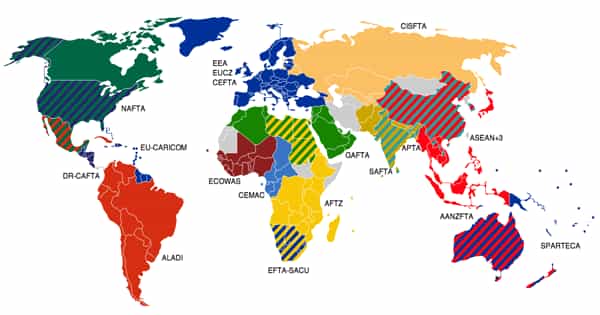Capitalism is an economic system in which private individuals or businesses own capital goods. The capitalist sharing economy is a way of purchasing goods and services that differs from the traditional business model of corporations hiring employees to produce products to sell to consumers. Sharing would help reduce overconsumption and our impact on the environment. In the sharing economy, individuals are said to hire out things like their cars, homes, and personal time to other individuals in a peer-to-peer fashion. And while there are many different business models that exist under the sharing economy umbrella — ride sharing, accommodation sharing, food sharing, equipment sharing, money sharing, and even WiFi sharing — they do all have one thing in common: capitalism. Sharing also promised social benefits. It would be the instrument by which we’d be able to know one another again, a counterbalance to the alienation of a burgeoning tech dystopia.
Sharing is a natural act in human behavior, while capitalism is based on the idea of ownership and property, which in turn foster consumerism. As the sharing economy continues to grow, competition is becoming increasingly fierce, resulting in a need to offer better services for a lower cost, and therefore driving competition even further. The ‘sharing economy’ has taken peer-to-peer marketplaces such as eBay and transformed them into an entirely new, collaborative world.
There are two main types of capitalist sharing economy enterprises:
- Initiatives, usually based on the concept of book-lending libraries, in which goods and services are provided for free (or sometimes for a modest subscription). This type of ‘share’ economy is in the true ethos of a shared economy, which is not intended for any one person to make an income, or a profit.
- Commercial business models in which a company provides (for a fee) a mobile app that suppliers and customers use to buy and sell goods or services.
The sharing economy is an economic model defined as a peer-to-peer (P2P) based activity of acquiring, providing or sharing access to goods and services that are often facilitated by a community-based online platform. In commercial applications, the sharing economy can be considered a marketing strategy more than an actual ‘sharing economy’ ethos; for example, the company Airbnb has sometimes been described as a platform for individuals to ‘share’ extra space in their homes, but in reality, space is rented, not shared. Airbnb listings additionally are often owned by property management corporations. The sharing economy is successful because it directly addresses the supply/demand needs of the moment. Therefore, it is essential that it’s in a position to be able to adapt, to continue meeting needs.
















